Literature
2025
Literature
Art, music and leisure: American creativity in the early twentieth century
The early twentieth century brought a surge of American creativity as artists embraced abstraction, architects reshaped cities and cinema became a national passion, capturing both ambition and unease in a rapidly changing country.
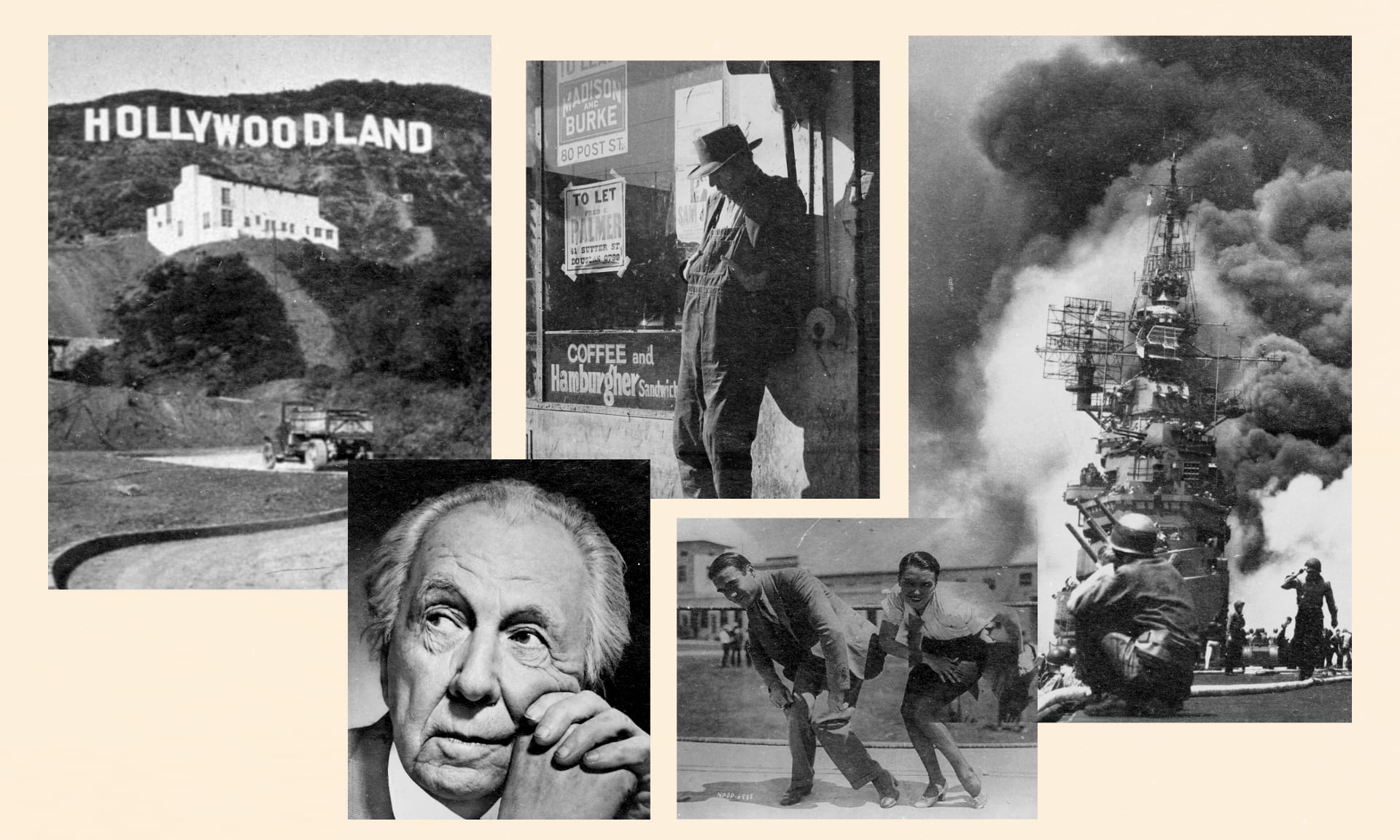
Literature
Forging a new canon: The birth of American literature
The birth of a new literary American tradition attempting to create an original identity, distinct from its European roots.
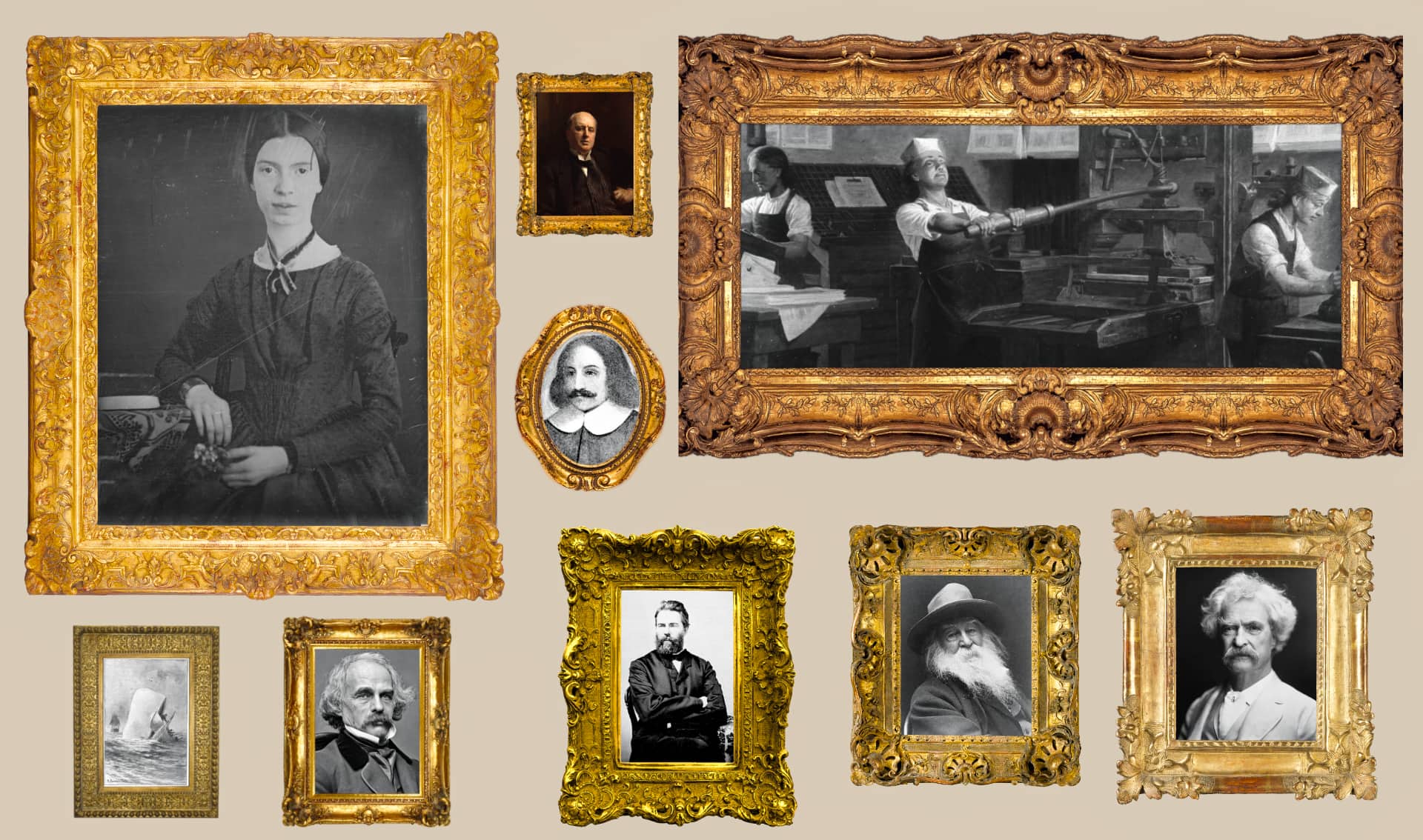
Literature
More than Just a Gay Icon: Edmund White (1940-2025)
June began with the death of two literary giants: Edmund White (died June 3, 2025 at 85) and Frederick Forsyth (died June 9,2025 at 86). Our literary editor, Alex Liberto, had met and corresponded with the former and has written this touching tribute.
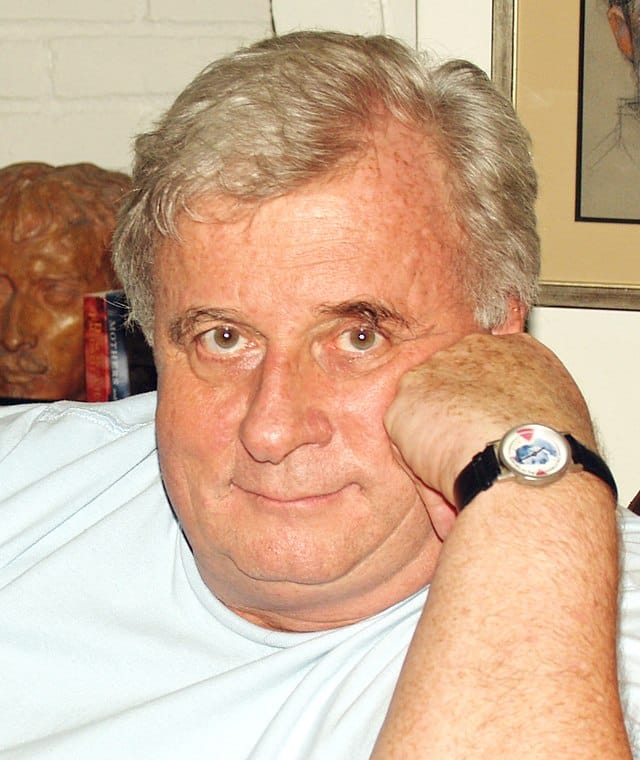
2023
Literature
English Poetry After WWII: The Rise and Evolution of Post-War Literature in The UK
In a world recovering from the devastation of war, how did English literature find its footing? Here are the most pivotal figures and movements that reshaped the post-war literary landscape.
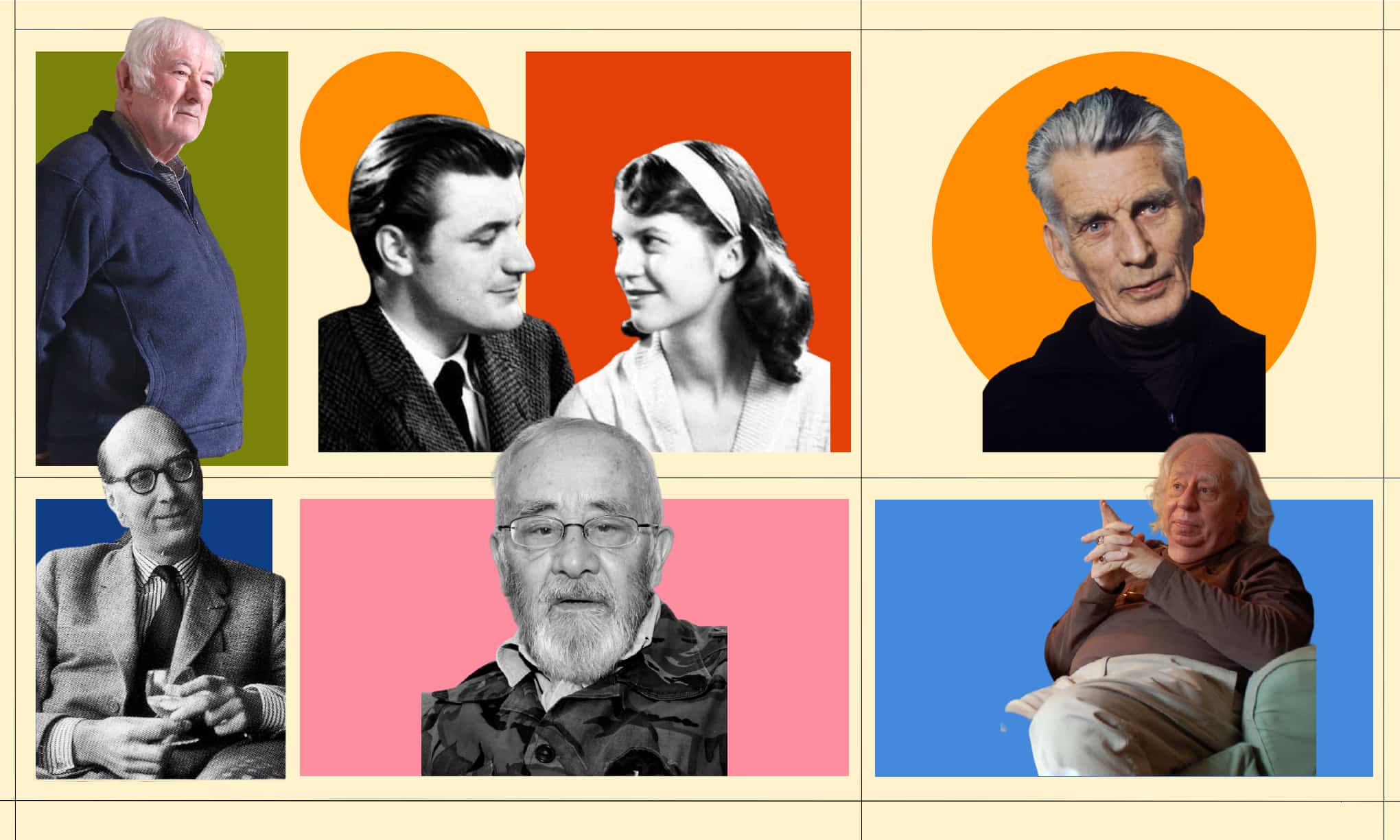
Literature
The Rise of the Angry Young Men in British Drama
Exploring social injustice and generation gap in post-war Britain drama through the works of John Osborne and other playwrights of the Angry Young Men movement.
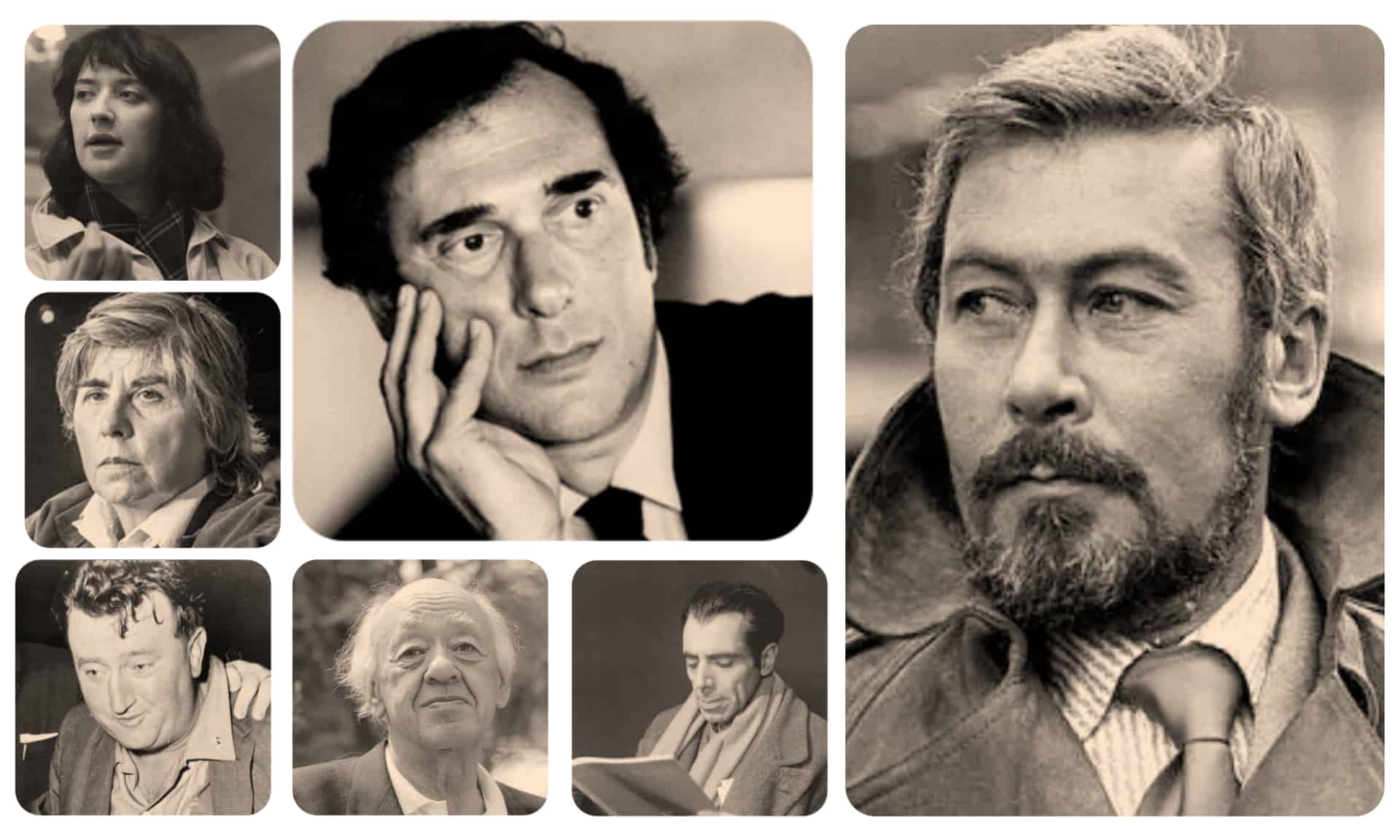
Literature
British Drama in the Age of Self-Discovery: Significant Plays and Key Themes
Uncovering the hidden gems of 20th century British drama.
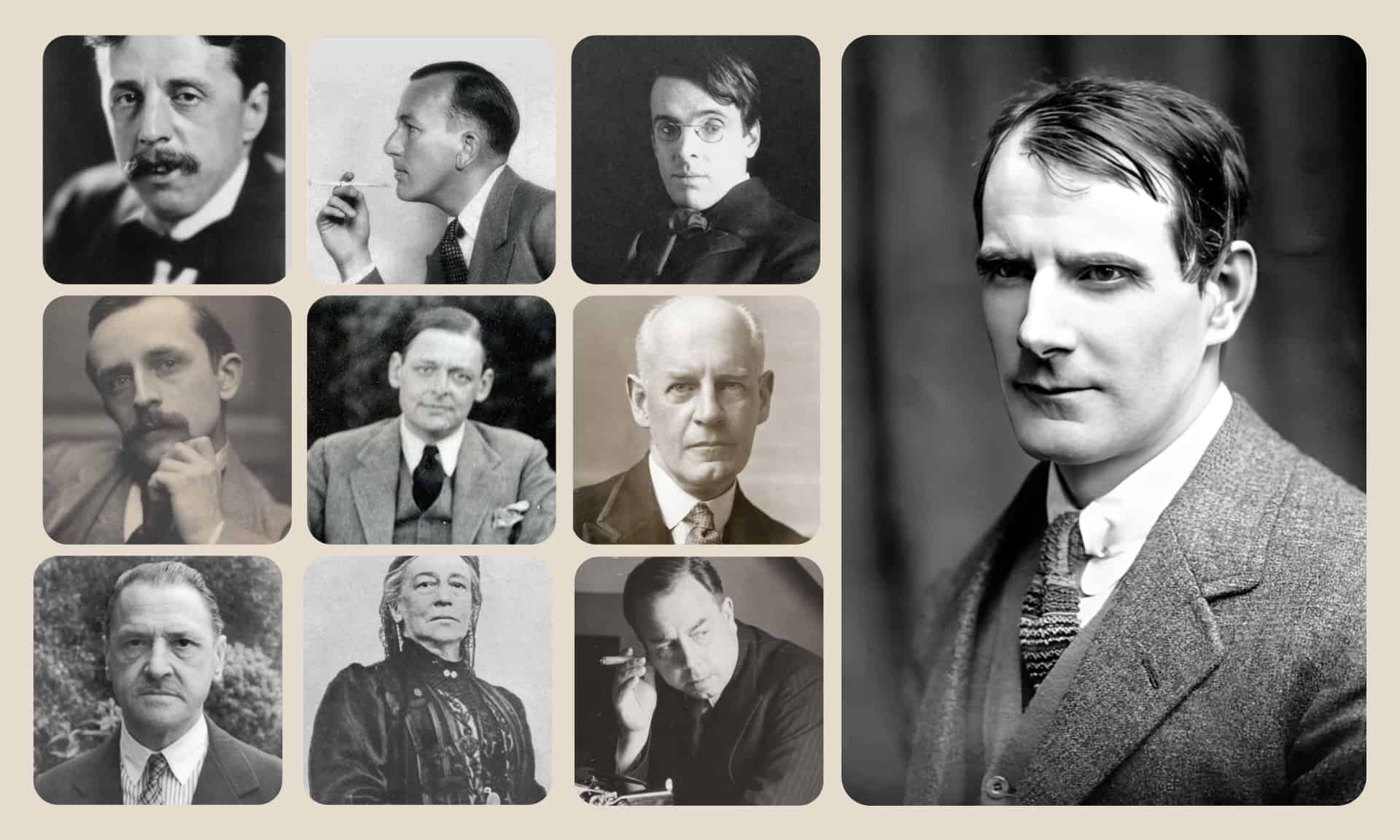
2022
Literature
How the age of self-discovery changed the English poetry and novel forever
The Age of Self-Discovery was a milestone for the English poetry and novel that opened the doors for the intellectual creativity and innovation of 20th-century writers.
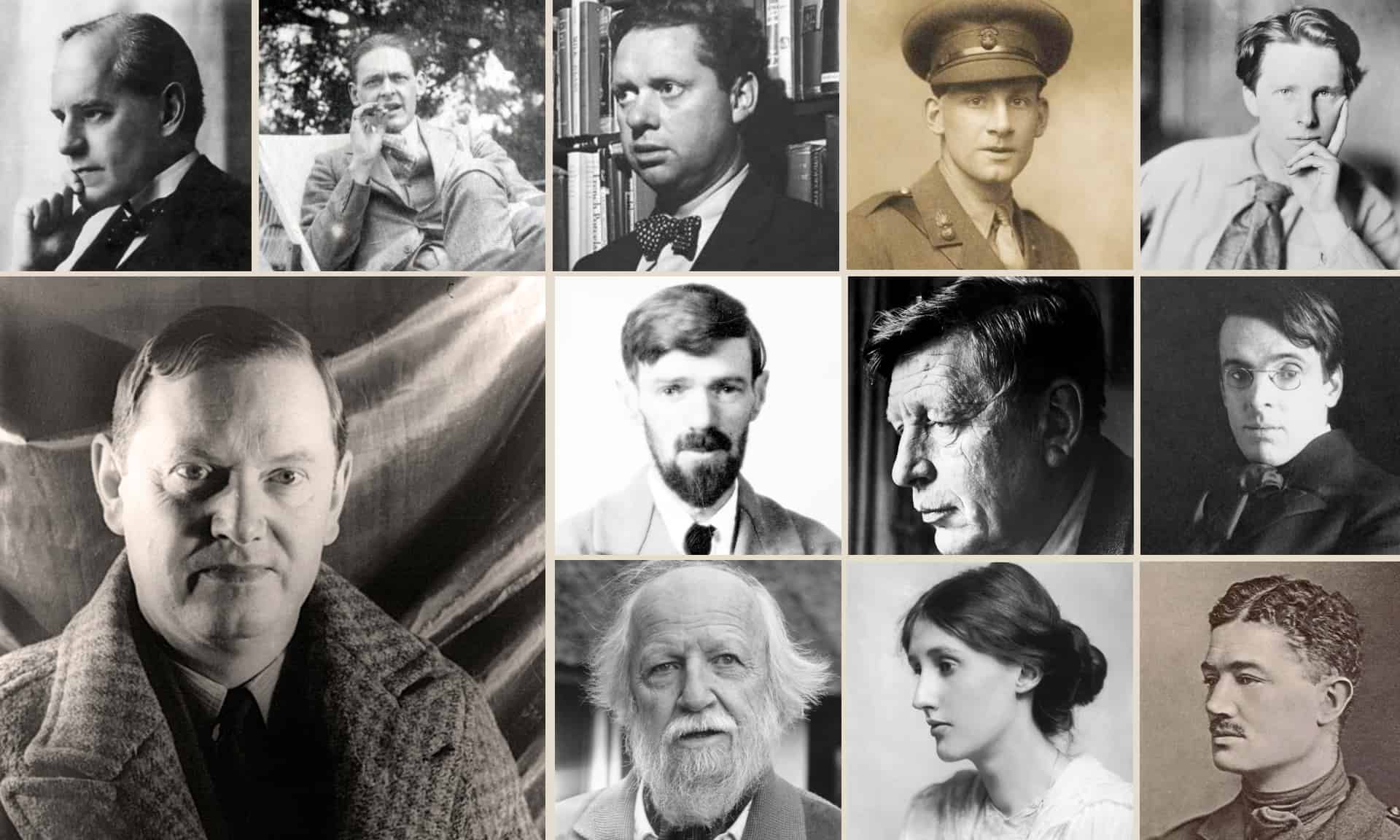
700 Years Of Dante
Dante Alighieri's Vision for World Government: The Pathway to Abolishing War
Dante's death 700 years ago marked the end of an era. But his lasting legacy may be his vision for a world government, outlined in his work De Monarchia.
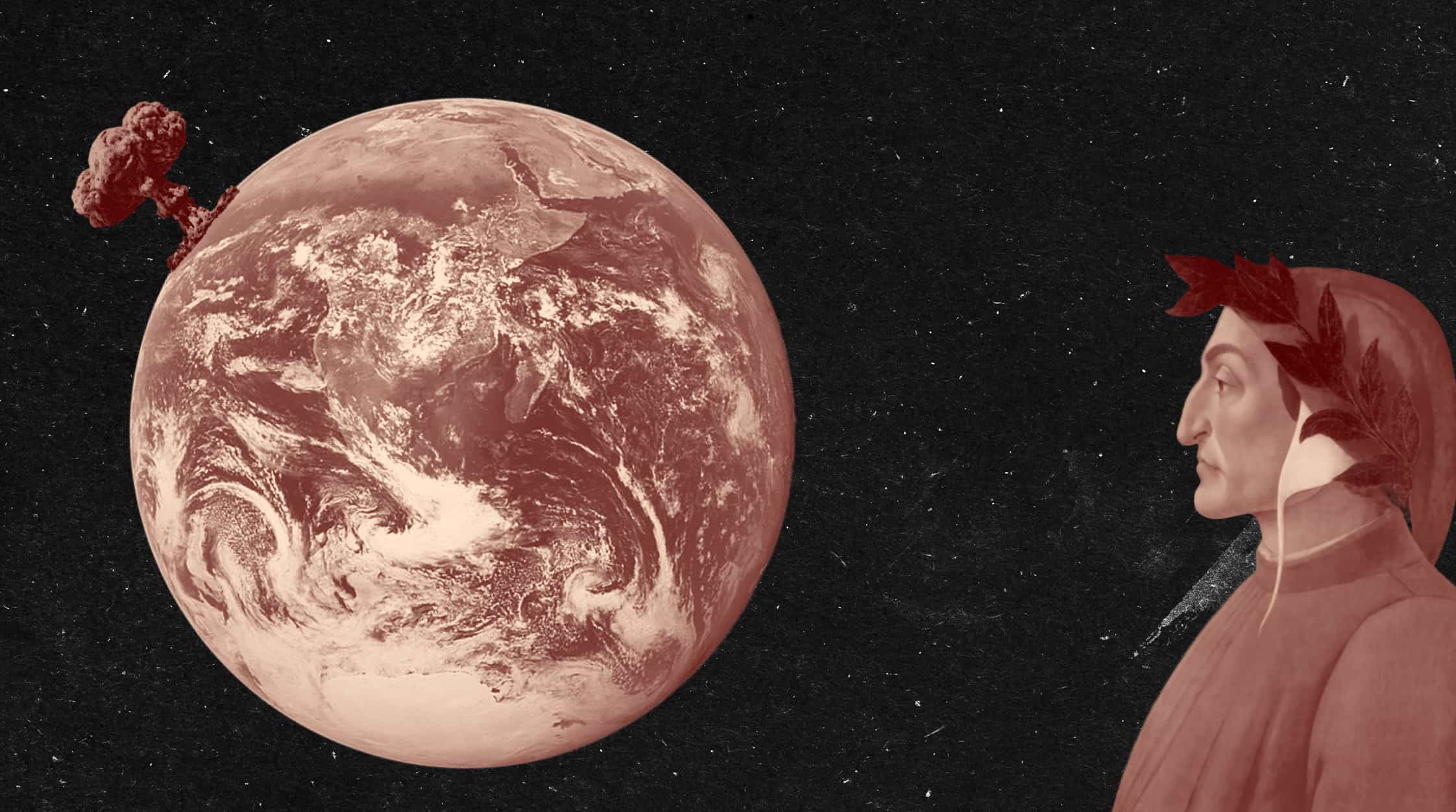
Literature
86 Billion: The human spirt's fight to live a meaningful life
Poems for a better world is collection of poems composed by UN-aligneders for a better better and fairer future.
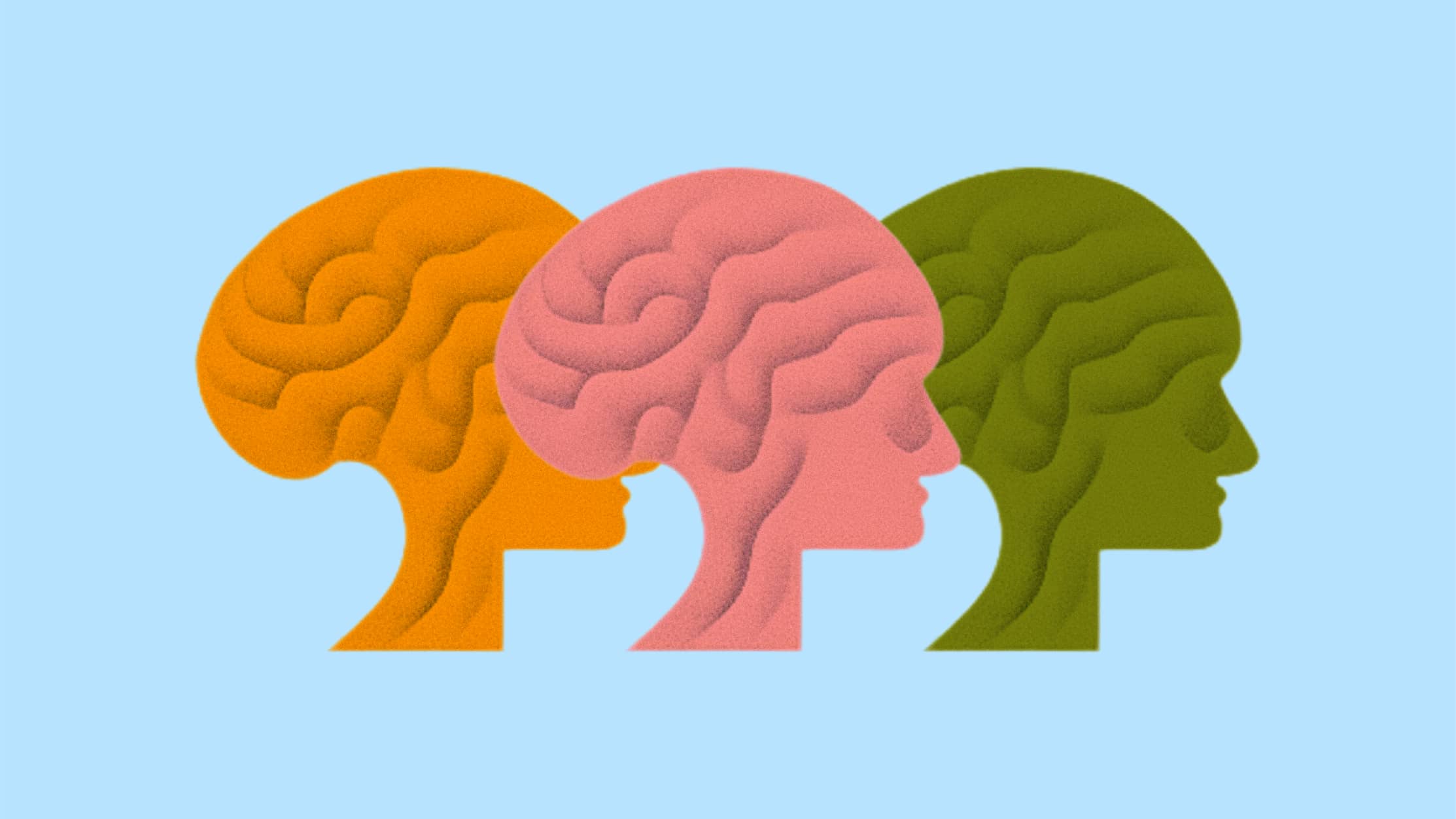
Literature
David Herbert Lawrence: The Freudian who hated industrialisation
David Herbert Lawrence has captivated the imagination with his rich and substantial prose, painting a clear picture of reality with spontaneous language.
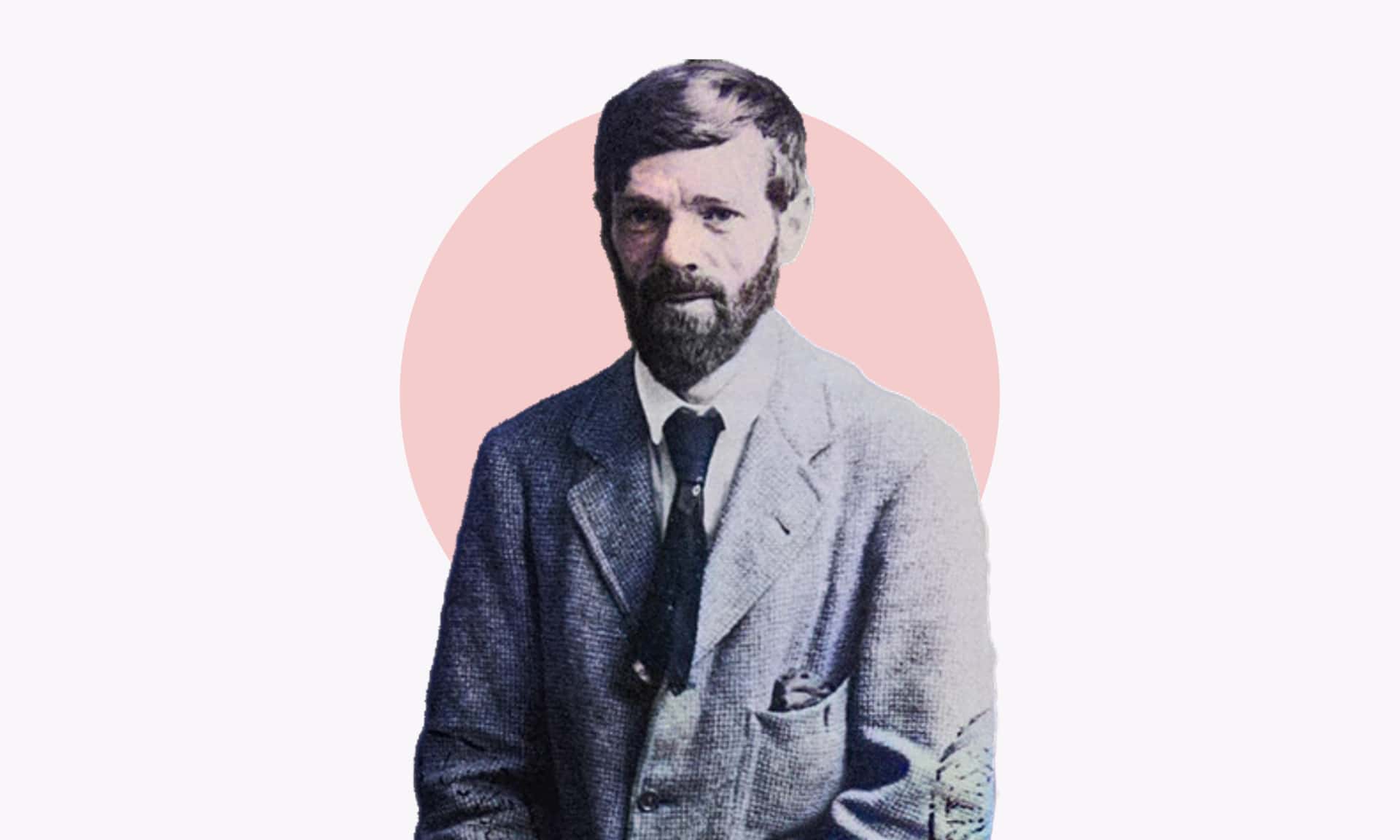
Literature
Poems for a Better World: Stop this rape in Ukraine
Gruesome rape and torment in Ukraine, Causing women and children agonising pain. Horrific headlines curdles one to the bone.Russian soldiers have no hearts of their own...
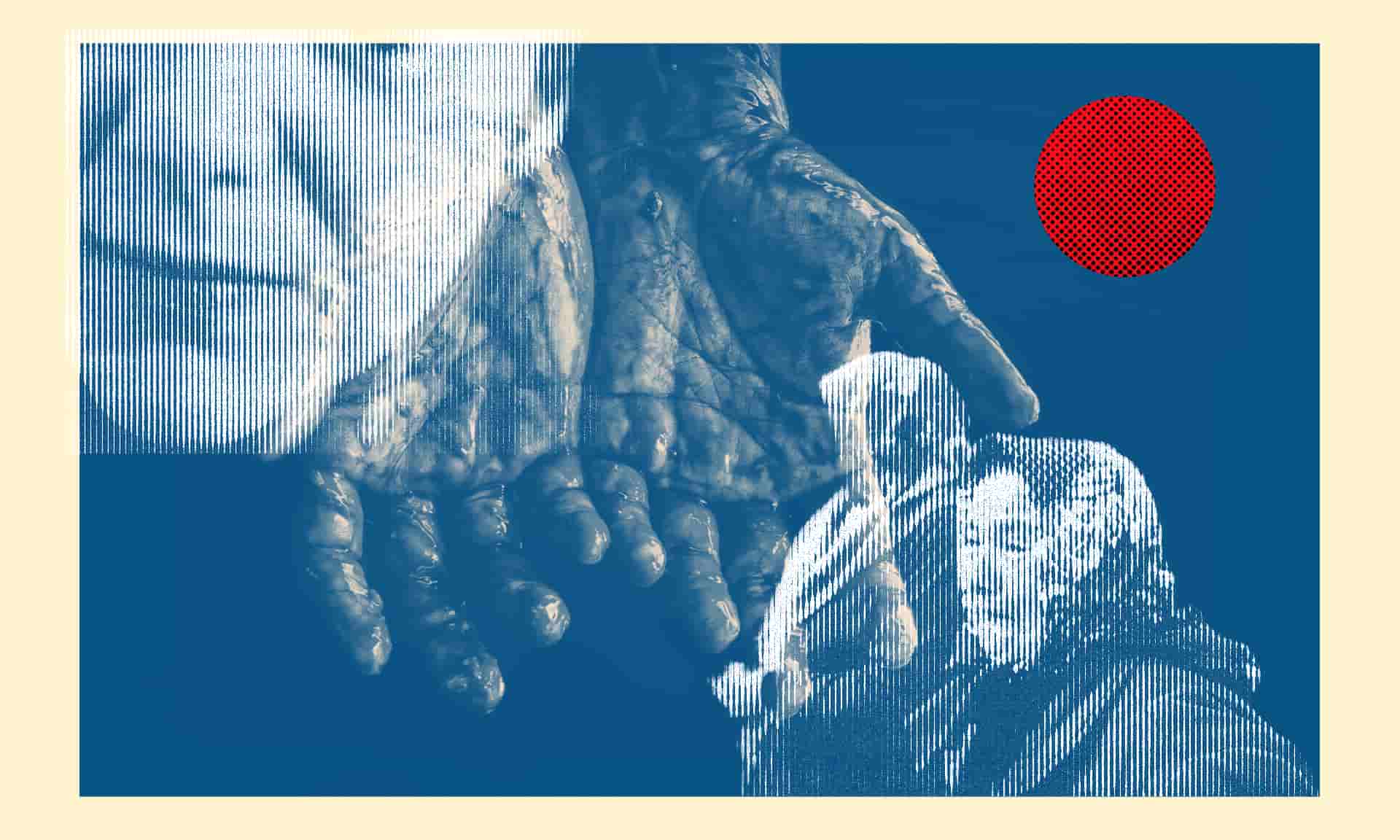
Literature
Petronilla Paolini: Her tragic life and daring poems
Born in 1663, Petronilla Paolini broke through society's patriarchal cage with the only weapon she had at her disposal, her art... writes Carla Pietrobattista.
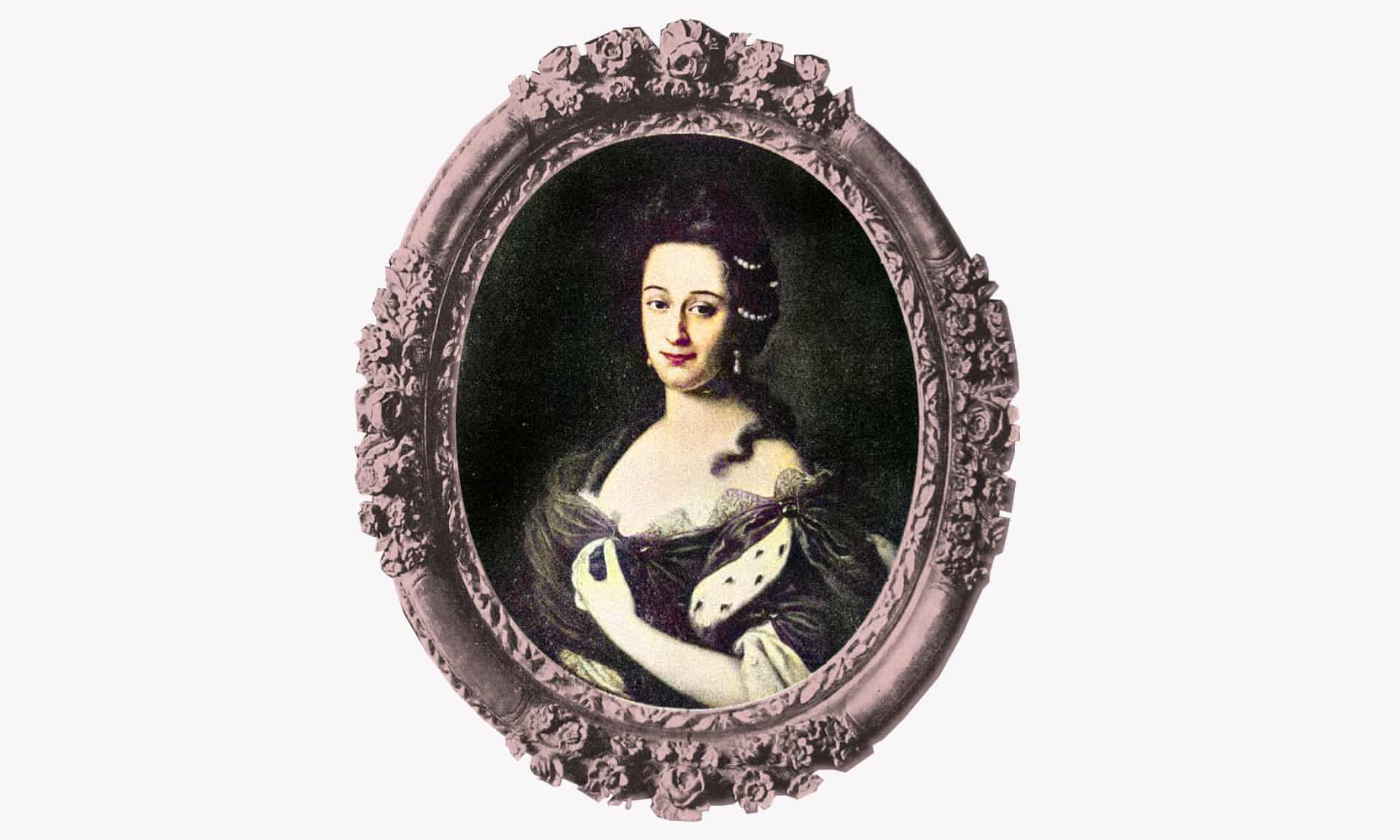
Literature
Unlocked and Unbolted: Virginia Woolf's Life and Works
Virginia Woolf and her tumultuous psychological hardships should be considered an essential cornerstone of modernist fiction.

Literature
Doris Lessing: Subjecting a Divided Civilisation to Scrutiny
Doris Lessing, a female writer who weighed in on the feminist front and who wrote about persecution, intolerance and injustice.
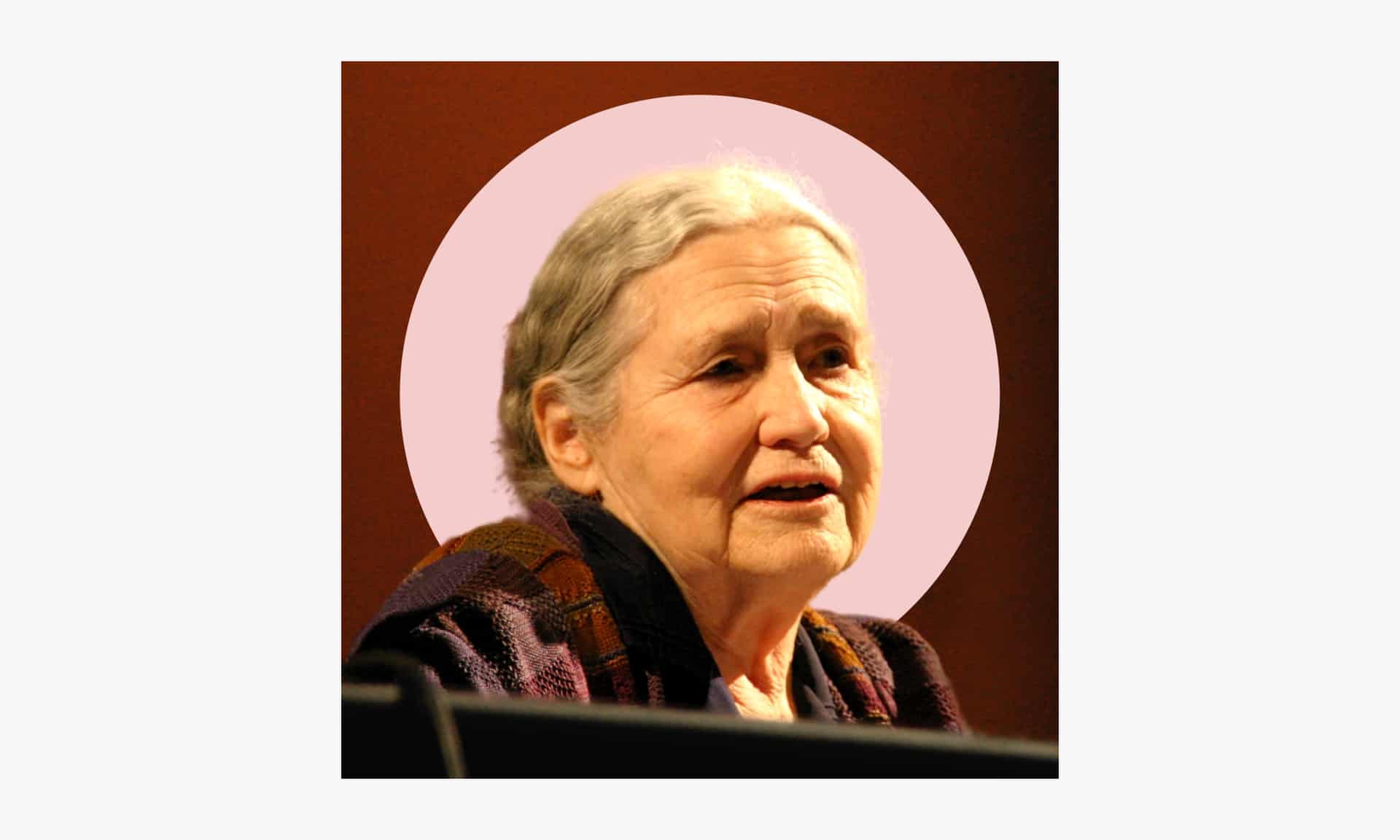
Literature
Edward Morgan Forster: Life and works
Edward Morgan Forster: his life and his works.
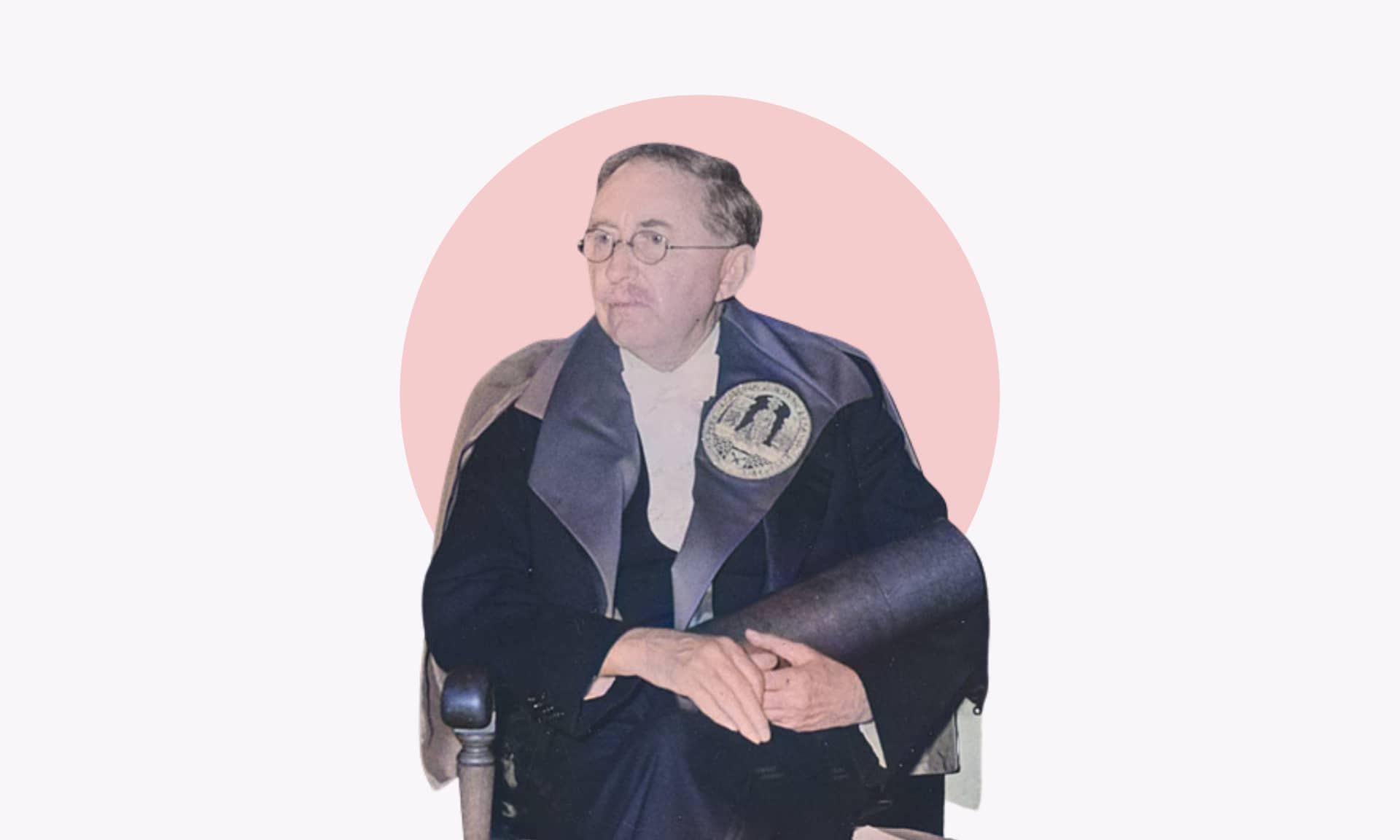
Literature
Poems For a Better World: This War of MMXXII
This is war my dear! Invasion for pure greed and gratification. What else can this be?
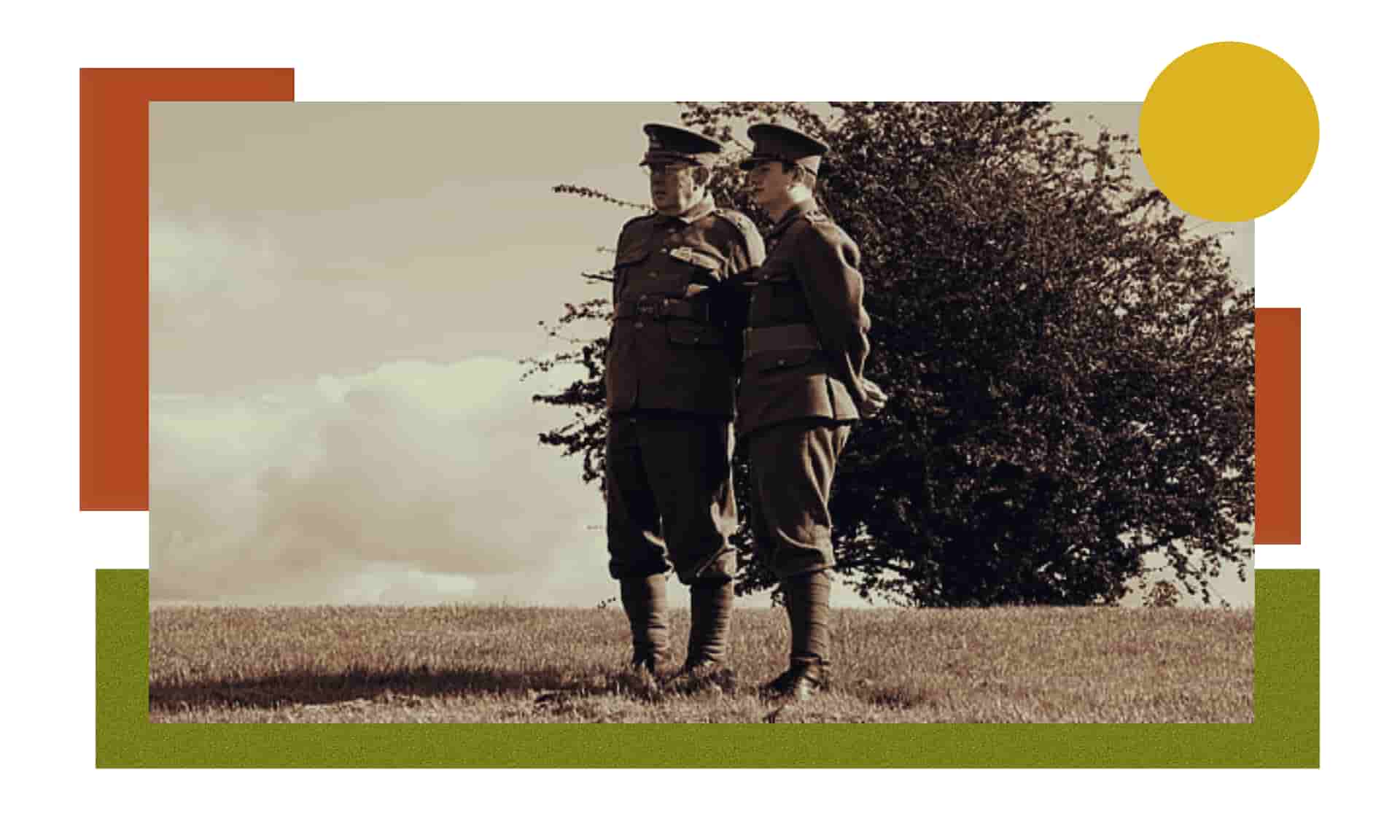
Literature
From patriotism to pure poetry: Isaac Rosenberg’s Break of Day in the Trenches
Isaac Rosenberg (1890-1918) did not sing the praises of war; he reflected on its philosophical and poetical impact through symbolism and imagery.
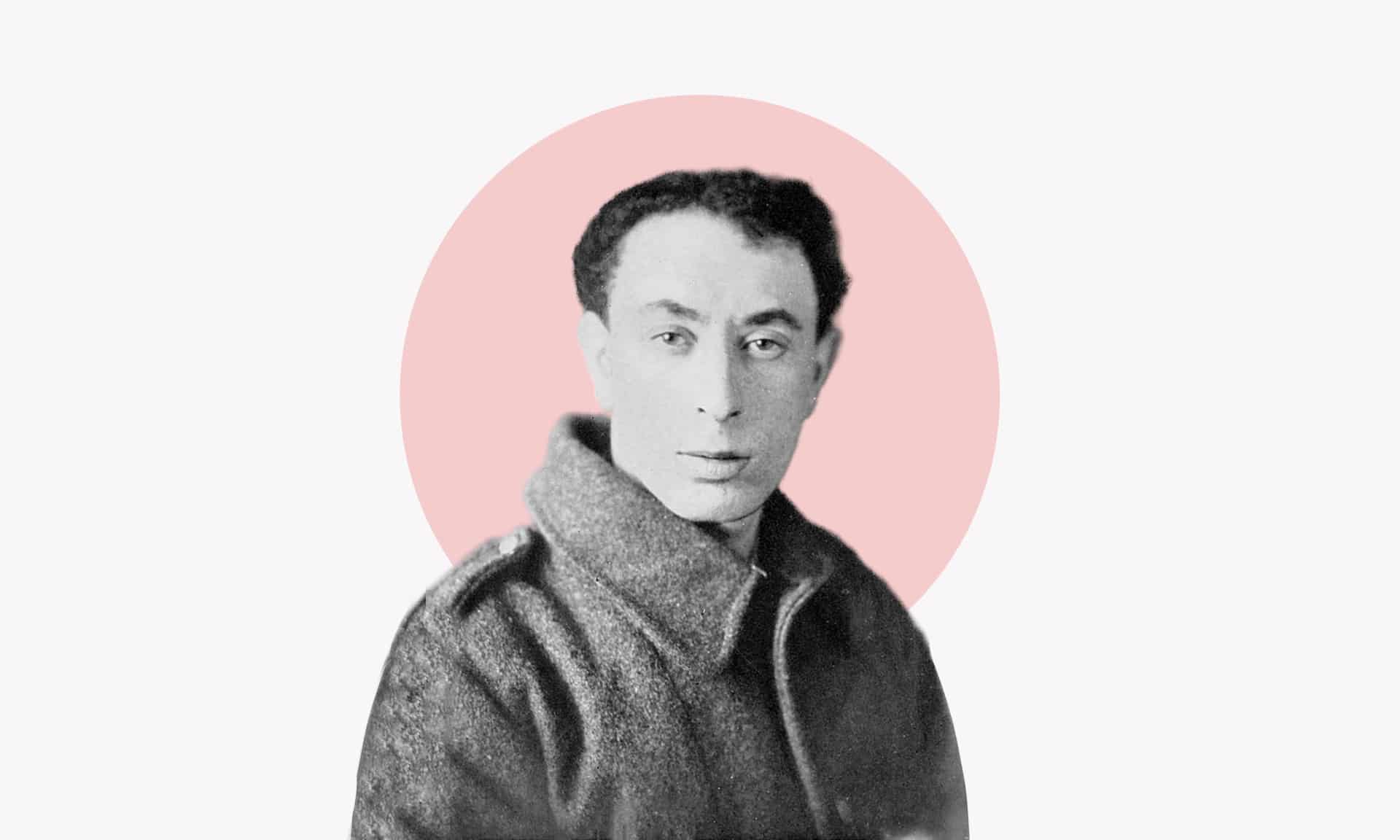
Literature
The master of the Bildungsroman: Leslie Poles Hartley’s life and works
Born in 1895 L.P Hartley was an English poet and author of many notable works including The Go-Between and The Eustace and Hilda trilogy. Learn more about his life and works.
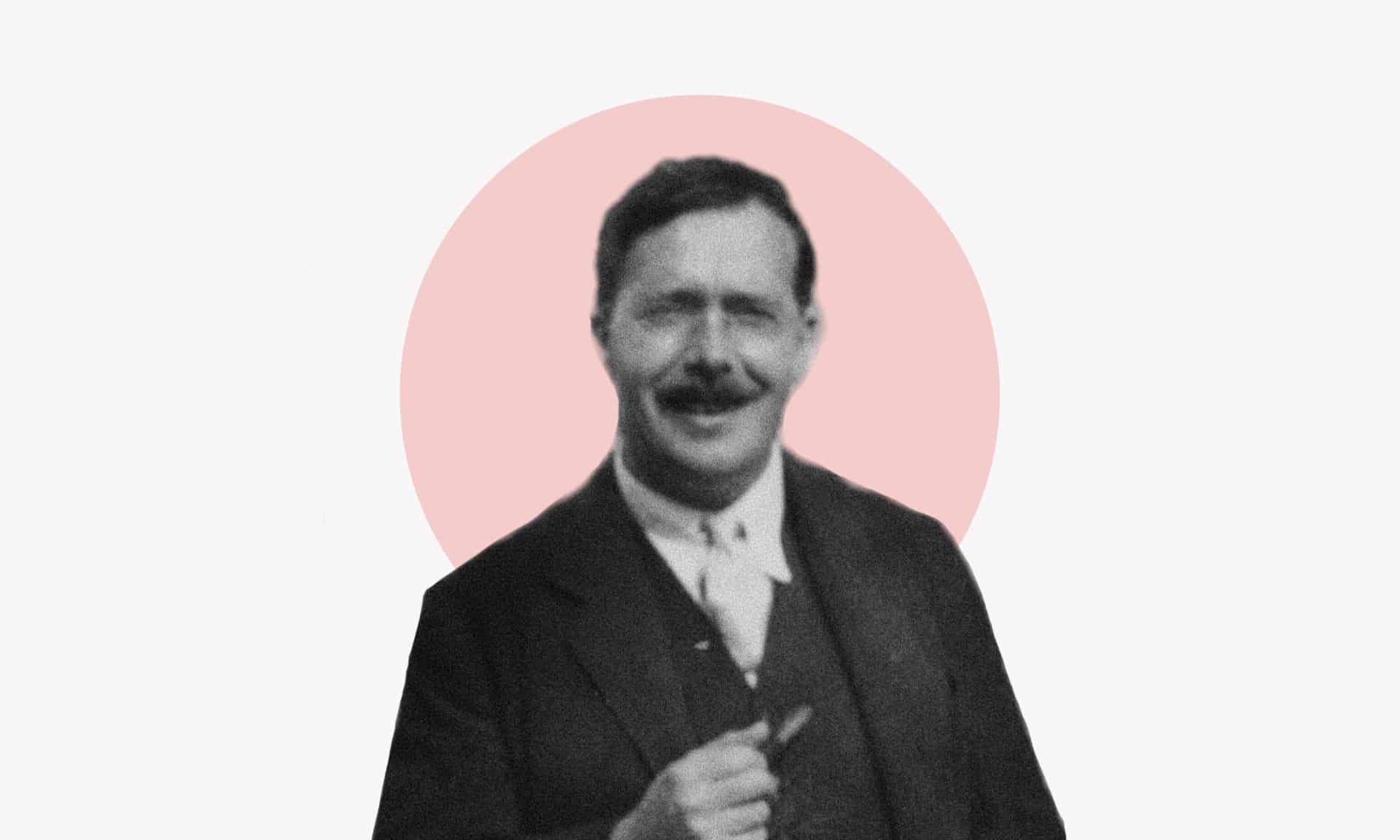
Literature
Poems for a Better World: When People Gather
Where do we start? You haven't a clue. "Well there's nothing that just I can do". But what if your neighbour thought that too? And their neighbour thought they didn't matter. Changes happen when people gather...
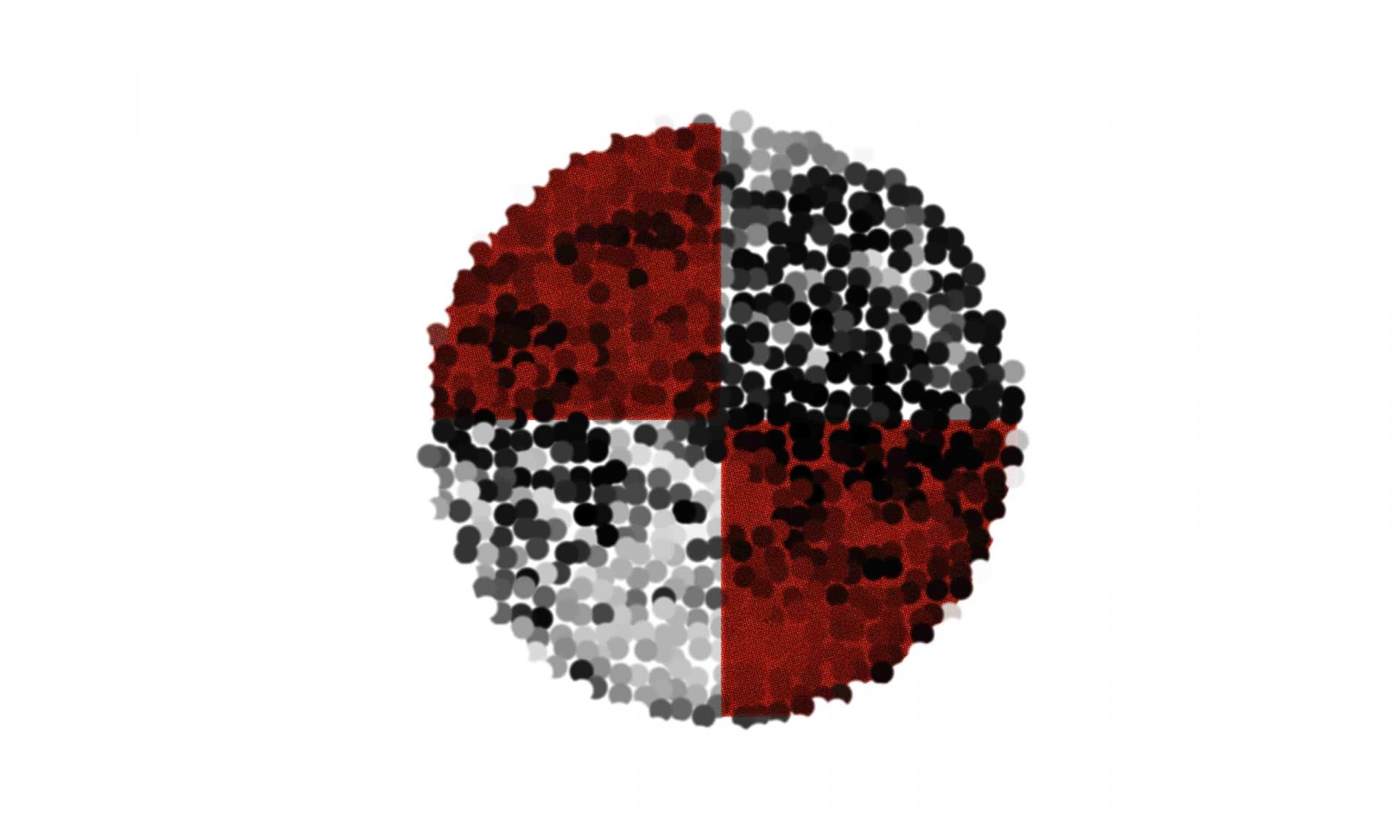
Literature
Poems for a Better World: An Ode to Environmental Restoration
Partho Pratim Chatterjee's submission during UN-aligned 2021 poetry competition
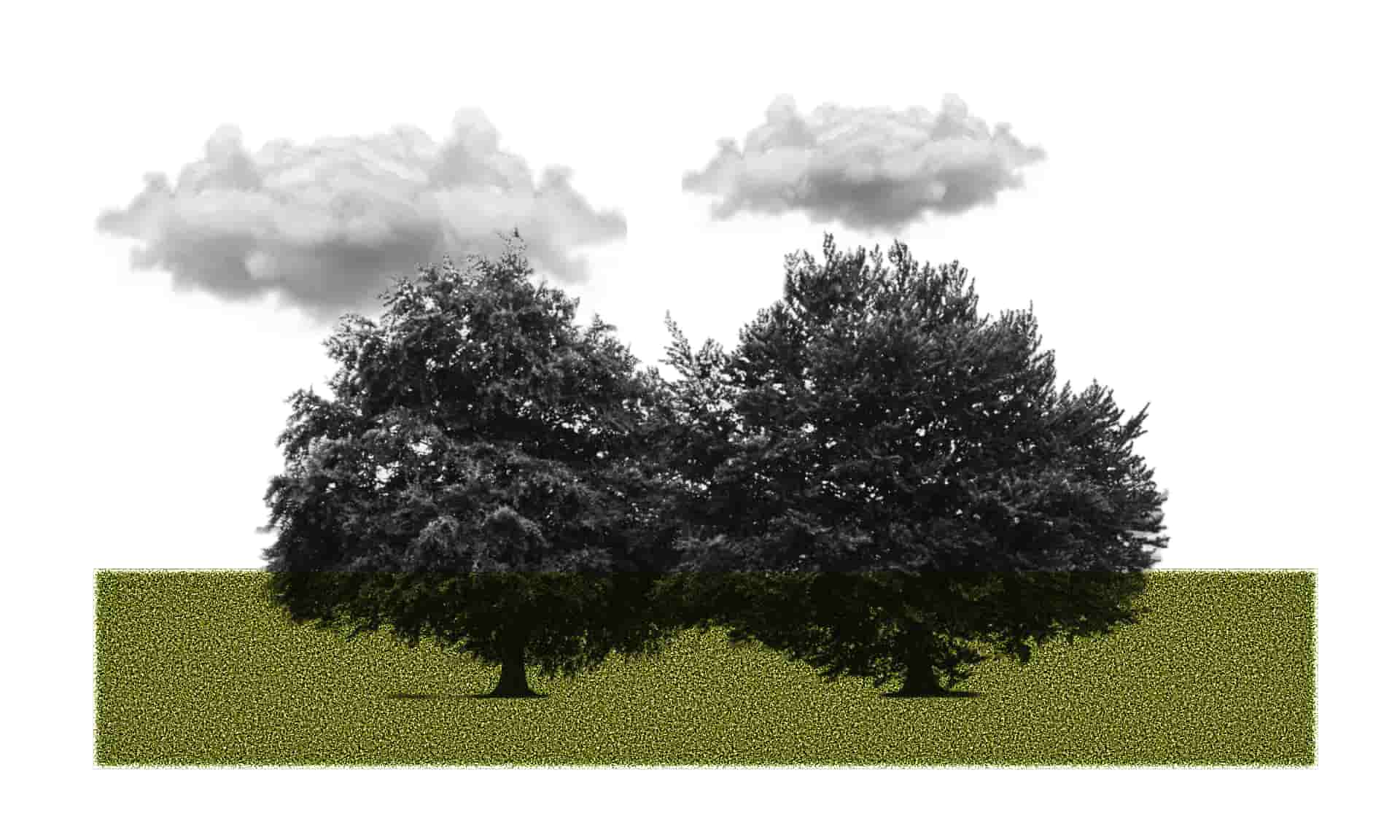
Showing 20 of 38 posts (Page 1 of 2)

